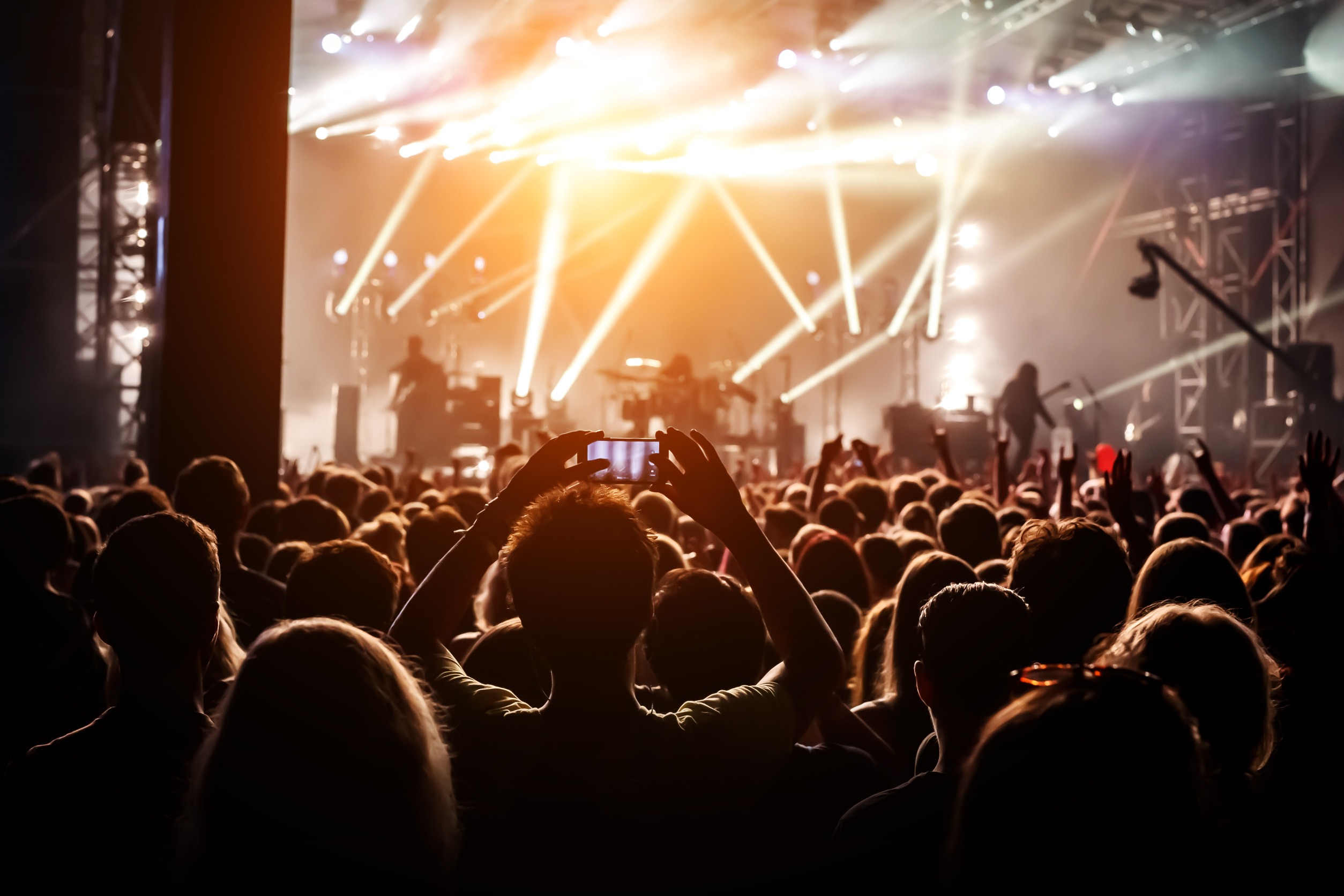The entertainment behemoth LiveNation, which owns Ticketmaster, is currently at the crosshairs of the Department of Justice. In May of 2024, the Justice Department, along with 30 state and district attorneys general, filed a civil antitrust lawsuit against Live Nation Entertainment Inc. and its subsidiary, Ticketmaster LLC for monopolization and other unlawful conduct that thwarts competition in markets across the live entertainment industry.
Antitrust, also known as anti-competition law, is designed to promote competition and prevent monopolistic practices in markets. That’s the key element, “monopolistic practices”. Under antitrust law, it is not prohibited that a company be so good at providing goods or services, that it essentially has no competitors because the market only trusts them. However, antitrust law does prohibit a company from engaging in activities that would hinder customers’ ability to make a choice about the purchasing decisions, or prevent other companies from competing in that market.
The main goal of antitrust laws is to protect consumers by ensuring that businesses compete fairly with each other. Some key objectives of antitrust law are:
- Preventing Monopolies: Antitrust laws aim to prevent one company from dominating a market to the detriment of consumers. This includes activities such as mergers and acquisitions that could lead to a monopoly, as well as actions by a dominant company to maintain or extend its monopoly power.
- Prohibiting Collusion: Antitrust laws prohibit agreements between competitors that restrict competition. This includes price-fixing agreements, bid-rigging, and market allocation agreements. Such collusion harms consumers by eliminating the benefits of competitive pricing and innovation.
- Promoting Competition: Antitrust laws are intended to promote competition, which is seen as beneficial for consumers because it can lead to lower prices, higher quality products, and more innovation. By preventing anti-competitive behavior, antitrust laws aim to create a level playing field for businesses.
In the United States, antitrust laws are primarily enforced by two federal agencies: the Federal Trade Commission (FTC) and the Antitrust Division of the Department of Justice (DOJ). The main laws governing antitrust in the U.S. are the Sherman Antitrust Act of 1890, the Clayton Antitrust Act of 1914, and the Federal Trade Commission Act of 1914.
In the context of LiveNation, the argument is that the company charges “exorbitant” fees, high ticket prices, flawed customer service, and has a monopoly over the ticketing industry. Is this true? LiveNation does not seem to think so. Here’s their argument:
- It is a tech company, not a ticket seller: Ticketmaster is a “primary ticketing company” providing services to venues to market shows, sell tickets, and validate tickets. It does not to sell inventory of its own, but is rather an agent of the venues. It does not acquire tickets and sells at a price of its choosing.
- Tickets are priced by artists: Tickets are actually priced by artists and teams.
- Service charges are not “junk fees”: Service charges are added to the ticket price in order to pay other parties involved. Firstly, the performers, secondarily to show costs, and then promoters. These fees are determined by the venues, pursuant to their contracts with their ticketing providers.
- Margins on ticket sales are lower than other industries: If Ticketmaster generally makes between a 5-7% commission on ticket sales, that’s significantly lower than commission rates for other digital distribution platforms charge (Twitch at 50%, Uber at 25%, Airbnb at 17%).
- It’s supply and demand: The real reason for high prices is simply that there’s just too much interest in the artists, for the tickets available (see #TaylorSwift, #Beyonce, etc), lifted by social media hype, and the desire for experiences.
- Resellers are also responsible: Resellers affect the ticket market by forcing prices to reflect actual market value, as opposed to the underpricing that would happen when artists controlled prices, in order to maintain fair rates for their fans.
While there are many factors at play as to why ticket prices are high, if the consumer is experiencing less choice, more costs, and general dissatisfaction, these are indicators of potential anti-competitive activity. Such as in live entertainment, the tech industry currently is being under scrutiny for anticompetitive practices by Apple, Meta and Alphabet. Whenever a company gets big enough to set the terms of how the industry operates, there is risk of less competition and fairness.
Have questions about a business competitor you think is behaving anti-competitively? Feel free to reach out for a consultation.








